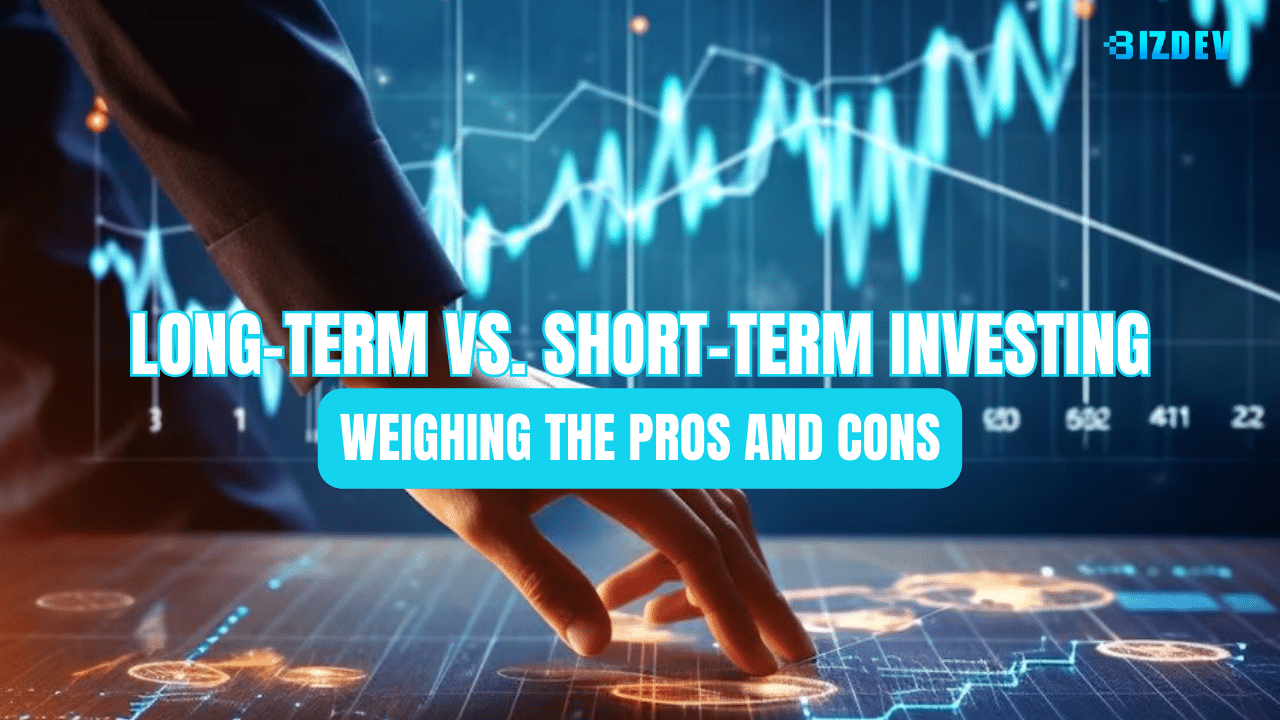Investing is a journey, and the path you choose can significantly impact your financial goals. Whether you’re planning for retirement, saving for a major purchase, or simply growing your wealth, understanding the differences between long-term and short-term investing is crucial. Let’s explore the pros and cons of each approach.

Long-Term Investing
Pros:
- Compound Interest: Long-term investments benefit from the magic of compounding. As your returns reinvest over time, your wealth grows exponentially.
- Less Stress: Long-term investors can ride out market fluctuations without panicking. They focus on the big picture rather than short-term volatility.
- Tax Efficiency: Holding investments for more than a year often qualifies for lower capital gains tax rates.
- Diversification: Long-term strategies allow for a diversified portfolio, spreading risk across different asset classes.
Cons:
- Lack of Liquidity: Your money is tied up for an extended period. Selling assets prematurely may incur penalties.
- Market Uncertainty: Economic conditions can change over decades, affecting investment performance.
- Opportunity Cost: While compounding is powerful, it requires patience. You might miss out on short-term gains.
Short-Term Investing
Pros:
- Quick Returns: Short-term investments can yield profits within weeks or months.
- Flexibility: You can adapt to changing market conditions and adjust your strategy accordingly.
- Liquidity: Access to your funds when needed.
Cons:
- Higher Risk: Short-term investments are more volatile. Market swings can lead to losses.
- Transaction Costs: Frequent buying and selling can incur fees.
- Tax Implications: Short-term capital gains are taxed at higher rates.
Which Approach Is Right for You?
Consider your financial goals, risk tolerance, and time horizon:
- Long-Term: Ideal for retirement savings, education funds, and generational wealth.
- Short-Term: Useful for emergency funds, upcoming expenses, or opportunistic trading.
Remember, there’s no one-size-fits-all answer. A balanced approach that combines both strategies may be the key. Consult a financial advisor to tailor your investment plan to your unique circumstances.
Invest wisely, stay informed, and let time work in your favor!
